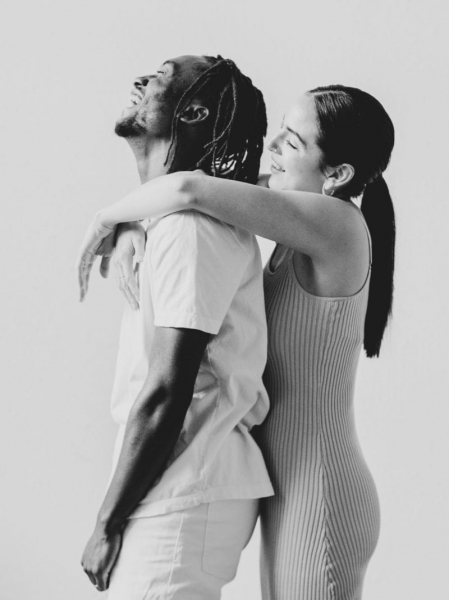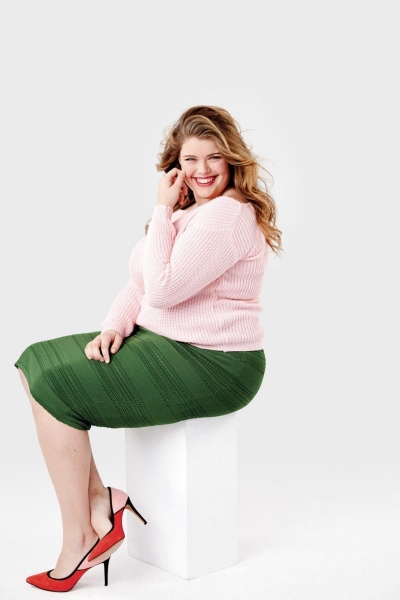

Growing up, I thought that having courage meant doing big, daring and heroic things. I thought it was the kind of things that you watch superheroes do in movies. Yet, the older I get and the longer I am a mother, the more I see that courage is in the small, often everyday choices we make that propel us forward. Courage is in the fabric of each choice to bravely choose your own voice, believe in our worth, stand up for others or to simply try again.
I have found that a common thread weaving through all of parenthood is teaching my kids to choose courage. Because in the movies, the superheroes don’t always look like they’re making a choice. However, in real life, courage is a choice and a constant series of choices made in small, everyday moments. Just like children, we can learn to choose courage daily too.
Courage is in the small, often everyday choices we make that propel us forward.
Here are a few things that my children have taught me about courage:
Choose your own voice.
As a parent, I found myself coaching my children on choosing and listening to their own voices as early as preschool. It’s a skill we often need in unexpected moments.
My daughter came home one day describing in distress how another girl in her class told her, “We don’t like that girl, right? You can’t like her.” Her little 4-year-old mind was working hard to reconcile someone who she identified as a friend not only speaking negatively about another friend, but asking her to choose sides.
Have you ever been in that subtle moment as a grown-up when in a group of friends, at an office or even with extended family? Choosing your own voice is not always a big moment. It is often a quiet refusal to be incongruent with what you believe.
Choosing your own voice is not always a big moment. It is often a quiet refusal to be incongruent with what you believe.
We work on this in our house a lot. My other daughter, after being told on the playground by another child that there is a group of people God doesn’t love, turned to the girl and said, “Well that’s not true, but you can believe what you want.” She was able to hold onto her own thoughts and beliefs.
Believe in your worth.
“I believe in you, and I’m your biggest fan,” I told my son as he tried out for the soccer team. “No matter what happens we are so proud of you.”
As adults, we don’t often have as many opportunities to “show our work” to the class, enter a talent show or go for the team. Childhood is full of these exciting and sometimes scary opportunities. Believing in your own worth is an essential part of going for anything and an essential part of picking yourself back up if it doesn’t go how you hoped.
Believing in your own worth is an essential part of going for anything and an essential part of picking yourself back up if it doesn’t go how you hoped.
I have walked my kids through talent show rehearsals that went well—their little shaky knees walking up the stairs to the small stage in the school gym. Just as important, I hugged my kids as they cried and reminded them that their choice to be brave enough to try and the uniqueness of who they are is much more important than the outcome.
Knowing our worth is what makes us brave to try. And knowing our worth helps us pick ourselves back up when it doesn’t go how we hoped. What might you try if you knew you were worthy either way?
Stand up for others.
When we drove home from a rally to stand in solidarity with the AAPI community against the growing number of hate crimes this year, my son asked me an insightful question on the way home, “Mom, what can I actually do everyday to help stop this?”
We talked about many options as a white family, including standing up for others in school when there are racist remarks said about or to any other child. I sincerely hoped as a mom this wouldn’t continue to happen, but I knew better. The next week, my son got a chance to practice what he learned as another boy in his class mocked Asian culture. It was a comment made between a few other kids, and in that moment, my son practiced the power of standing up for others.
Using your voice for others in big ways is essential; however, the potential impact of taking a stand in any small moment that comes your way is a powerful act that can have huge ripple effects. How much more might you use your voice to stand up for others if you believed in the impact of every small moment?
Simply try again.
Sometimes, I feel like literally everything in childhood could be a lesson on trying again. Kids have not mastered anything quite yet. Everything they attempt is new to them at some point, even walking and talking.
As adults, we lose often sight of this. We fear looking stupid, of being embarrassed or of failing. So we pin ourselves into smaller and smaller corners with little to no new experiences. In the last two years, I have had a child learning to skateboard, another learning to roller blade and still another learning to ride a bike. They fall and fall, over and over again. The only way forward is to simply try again.
The only way forward is to simply try again.
It isn’t fancy or complicated. It is just the only thing you can do to move forward. Trying again seems obvious when you fall off a skateboard, but what if we gave ourselves as adults the same permission to just try again when we fail? How many more things might we try?
If courage has felt like a big or far off thing to you, pull that big idea off the metaphorical movie screen and into your everyday life. Courage is a small, daily choice that we all can make.
What have you done today or yesterday that required some measure of courage? Knowing that courage is a choice, what might you choose to do tomorrow?
Image via Melanie Acevedo, Darling Issue No. 11




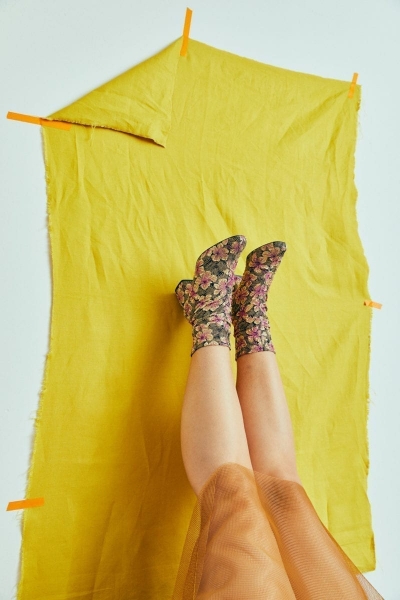



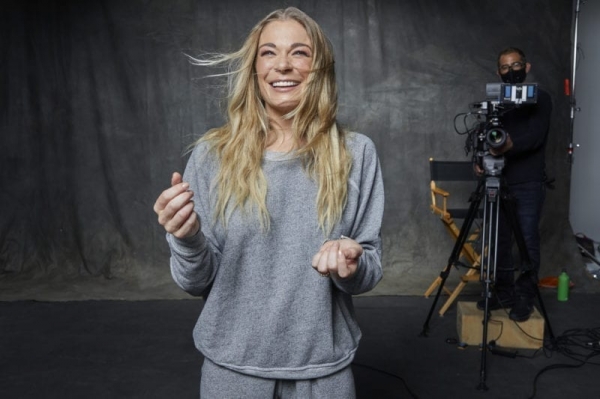

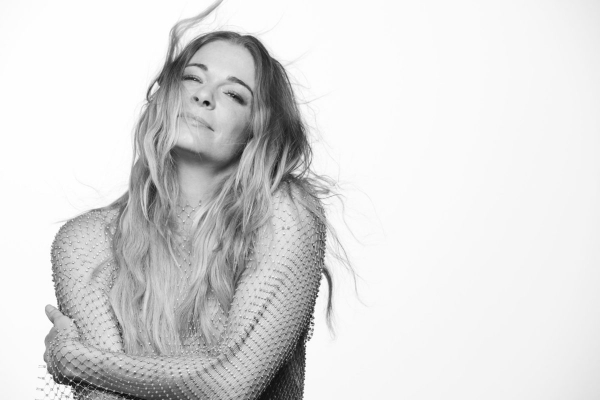 As a public figure, people might assume you don’t have struggles with finding your voice, fear or feelings of depression. What have been the biggest stereotypes or assumptions you’ve had to overcome?
As a public figure, people might assume you don’t have struggles with finding your voice, fear or feelings of depression. What have been the biggest stereotypes or assumptions you’ve had to overcome?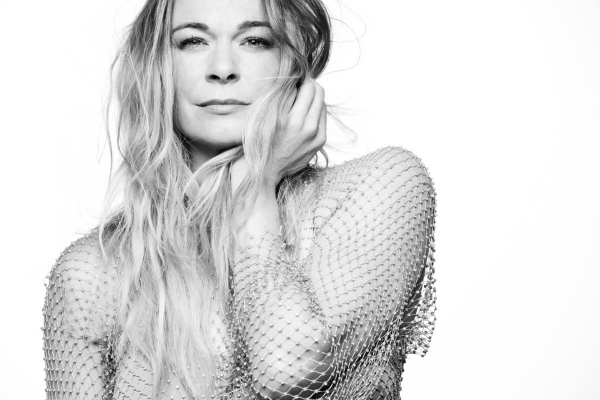 The second season of the podcast is releasing today! What can listeners look forward to?
The second season of the podcast is releasing today! What can listeners look forward to?



